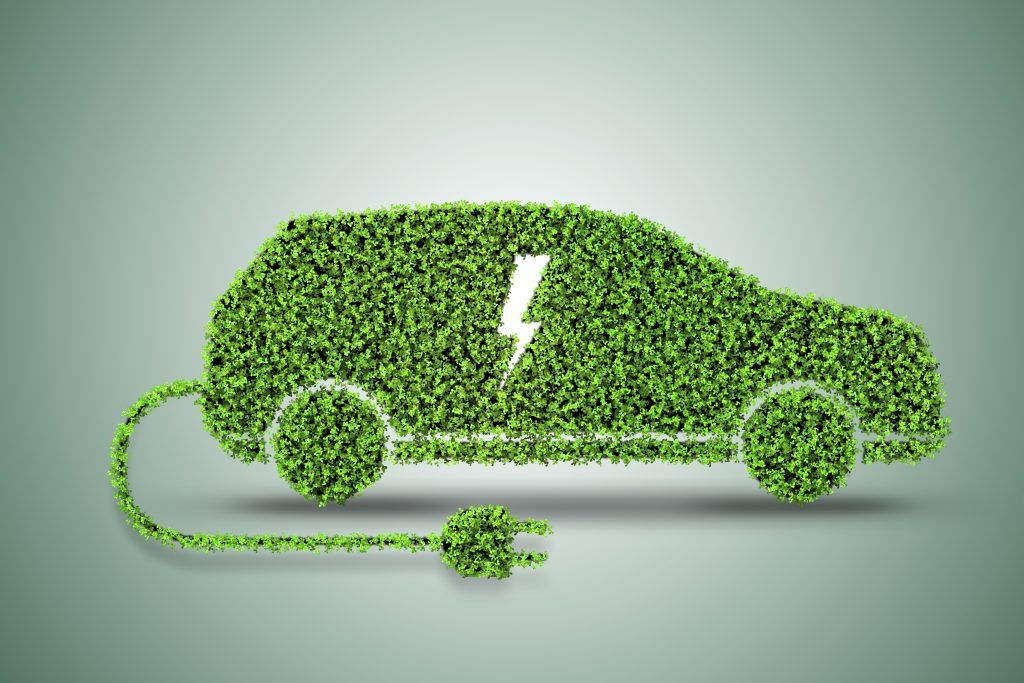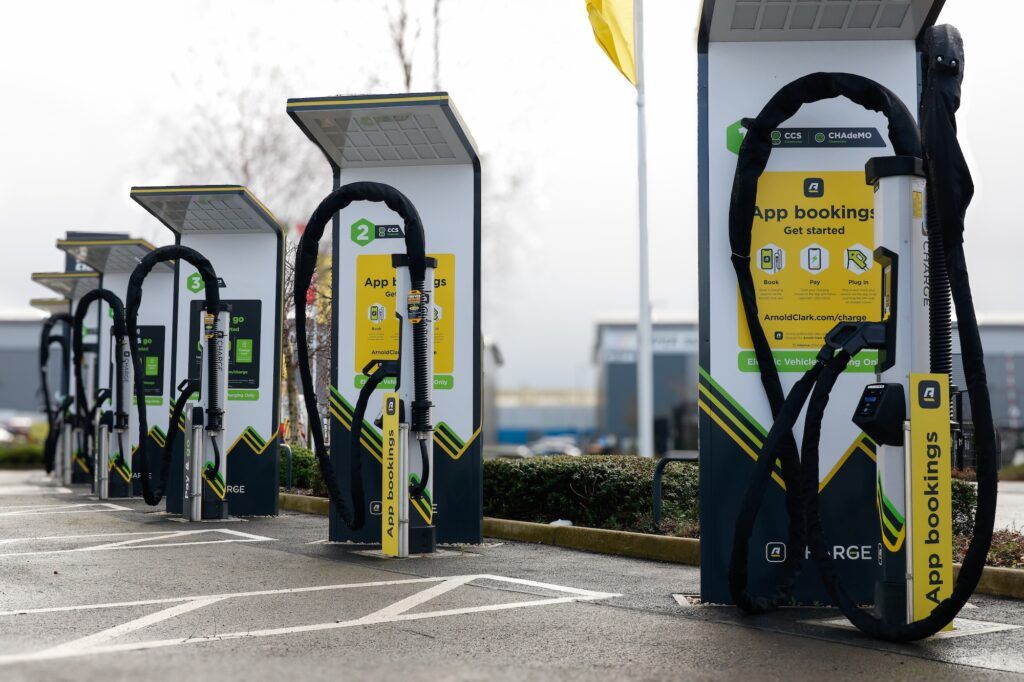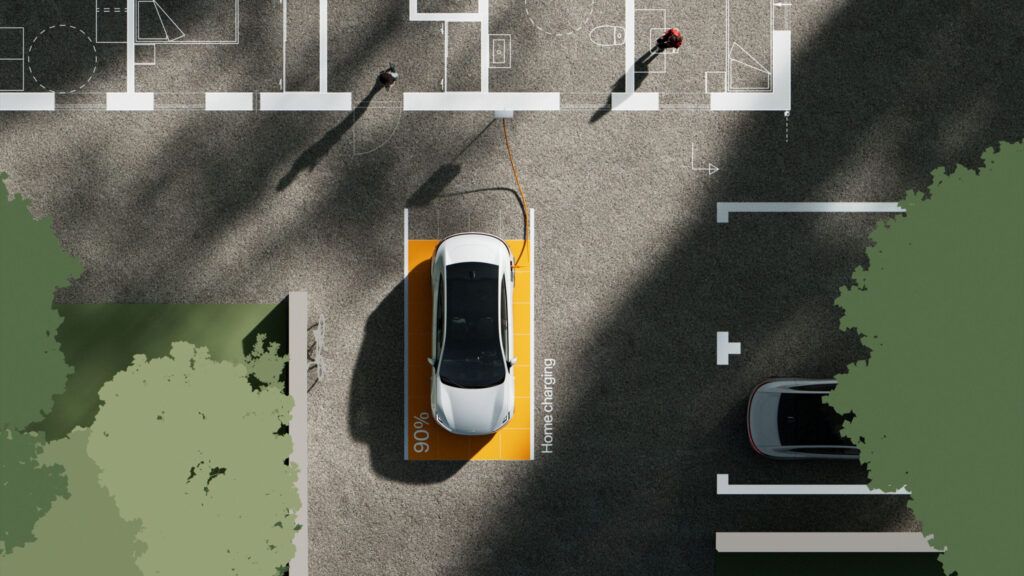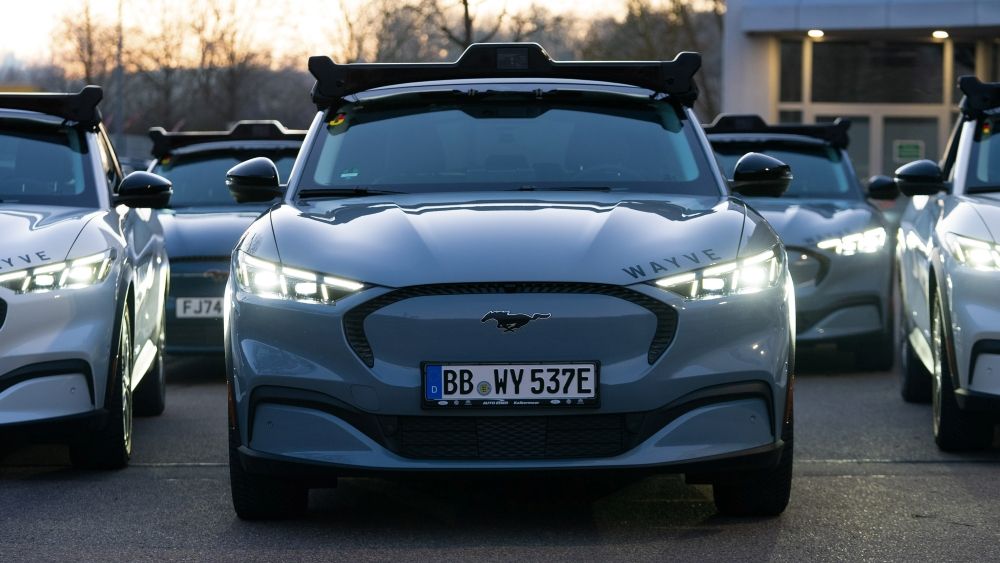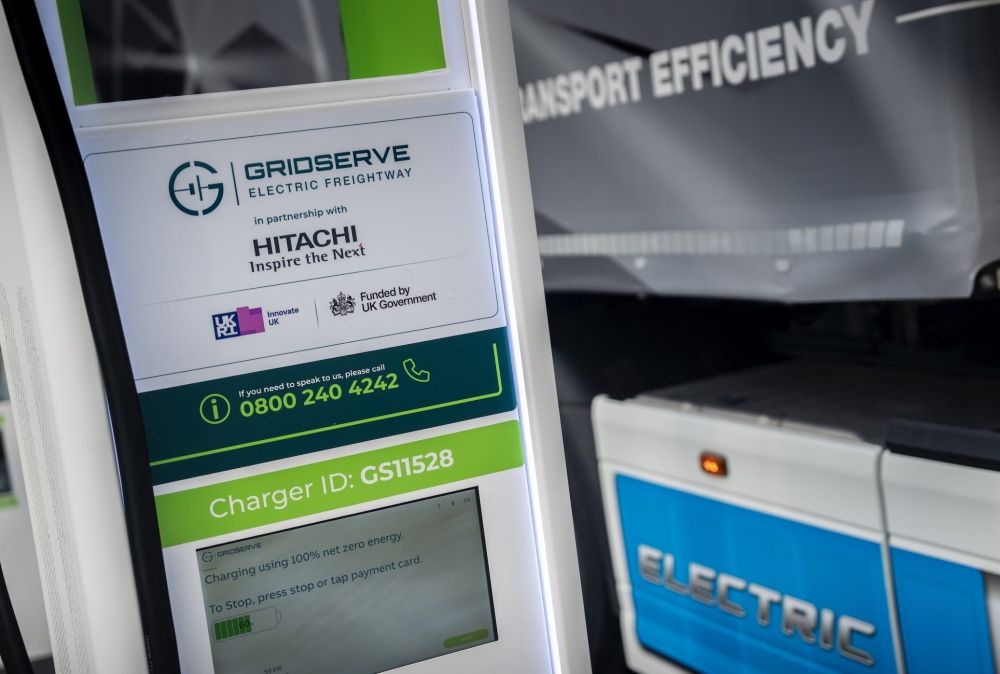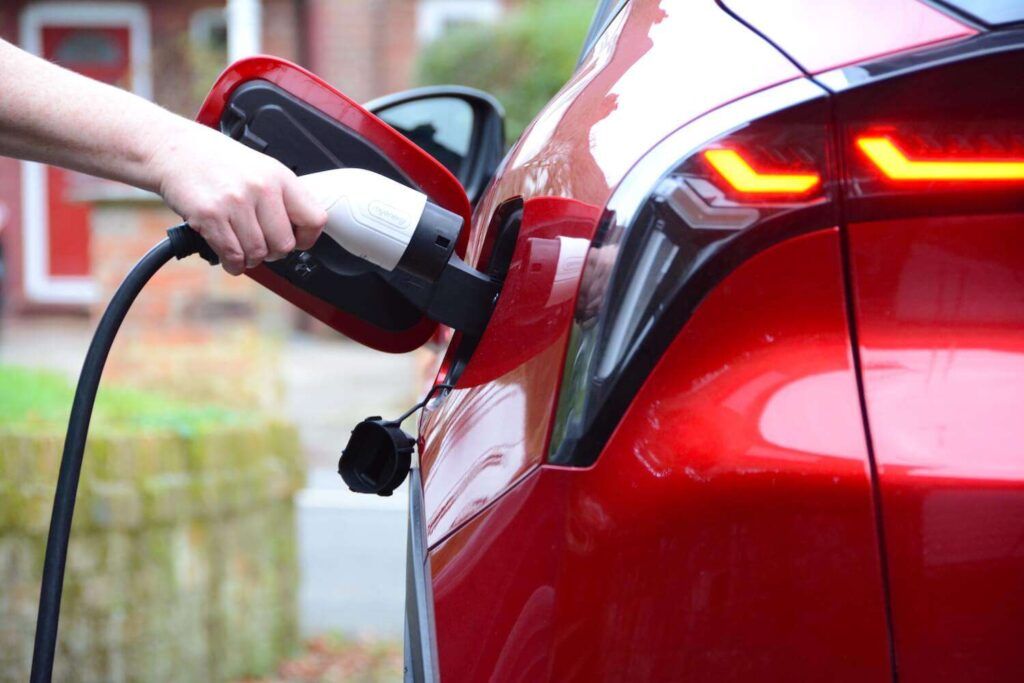A new eBook from Black & Veatch outlines eight phases to help fleet operators decarbonise their vehicles and provides guidance over how to navigate new technologies, infrastructure choices and supply chains.
Driven largely by ambitious climate agendas and aggressive net-zero targets, fleet operators across the US are actively decarbonising their operations. A new Black & Veatch eBook puts it all in focus, noting that advances in hydrogen and the electrification of transportation, particularly for medium- and heavy-duty vehicles, are amplifying the importance and promise of zero-emission vehicles (ZEV) in making transportation cleaner, sustainable and resilient.
The free eBook, Fleet Decarbonization: A Guide to Cost-Efficient Zero-Emission Vehicle Transition, outlines eight phases of ZEV infrastructure deployment that will help fleet operators plan optimal, cost-effective facilities and avoid unnecessary investments.
Dean Siegrist, associate vice president of Black & Veatch’s Transformative Technologies business, said: “Transportation and energy are becoming increasingly intertwined, opening new opportunities for operators to decarbonise their fleets, build energy resilience, and economise the cost of power. “The benefits of ZEV are clear, and market momentum is increasing. Now is the time for fleet operators to start mapping out how to accelerate clean, sustainable, and cost-efficient transportation and energy in our communities.”
According to the company, to truly decarbonise transportation, the US must invest in building out additional infrastructure, among other things by expanding electric vehicle (EV) charging networks and fuel cell electric vehicle (FCEV) hydrogen filling stations.
Hydrogen supplies need to be increased, and adequate electric supplies must be built and developed in critical locations. With industry interest growing, utilities, power marketers and fueling companies are motivated to expand these networks, and 2021 could see a blitz of new programs as funding surges.
The eBook offers a comprehensive guide to the eight development phases, ranging from defining cycles and operational considerations to the end game of construction and commissioning. The eBook is meant to help fleet operators deploy ZEV networks incrementally, scaled over time as energy and transportation technologies mature, as capabilities are needed and as budgets allow.
Randal Kaufman, sales director for Black & Veatch’s Transformative Technologies business, added: “EVs and FCEVs are both viable technologies, and the best decarbonisation plan may be one that is flexible enough to include both technologies.
“Good planning now will ensure optimal configuration of vehicles, EV charging and hydrogen filling infrastructure, and energy options to build that pathway towards a more decarbonised, resilient and economically powerful future.”
Image: Shutterstock.




